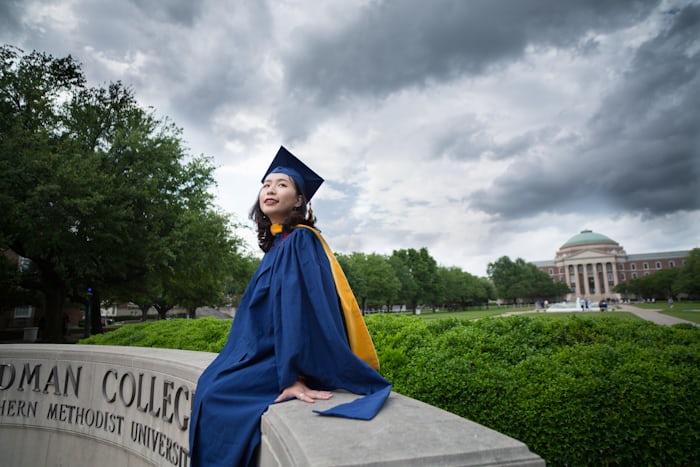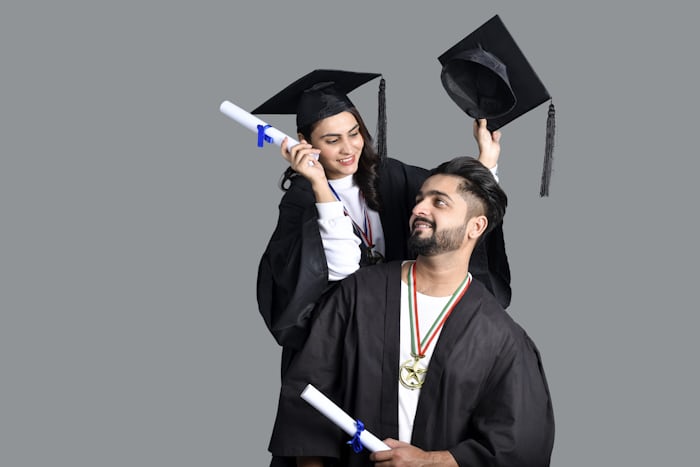Education is one of the most powerful tools for changing lives, breaking the cycle of poverty, and creating opportunities for a better future.
But for many students around the world, higher education feels out of reach because of financial challenges. This is where scholarships play a vital role.
Among the many global opportunities, the UNESCO Scholarship 2025 stands out as one of the most prestigious and impactful.
UNESCO (the United Nations Educational, Scientific and Cultural Organization) has been supporting education for decades, especially for students from developing countries.
The 2025 edition of the scholarship continues this mission by helping talented students access international education and research opportunities.
In this guide, we will break down everything you need to know about the UNESCO Scholarship 2025.
What is the UNESCO Scholarship 2025?
The UNESCO Scholarship 2025 is a fully funded or partially funded scholarship program provided under the umbrella of UNESCO.
It supports students, researchers, and professionals, mainly from developing countries, in pursuing education, training, or research in fields aligned with UNESCO’s mission:
- Education
- Science
- Culture
- Communication and Information
The scholarship is not limited to one university or country.
Instead, UNESCO partners with governments, universities, and foundations worldwide to provide financial support for international education.
Why is the UNESCO Scholarship Important?
The scholarship is more than just financial aid. It represents an investment in human potential.
Some of the key reasons why it is important include:
- Global Opportunities: It allows students to study abroad in top universities.
- Access to Quality Education: Covers tuition fees, training programs, and sometimes living costs.
- Cultural Exchange: Students interact with peers from different parts of the world.
- Career Growth: Opens doors to international jobs, research opportunities, and leadership roles.
- Support for Developing Countries: Prioritizes students from underprivileged and developing regions.
Who Can Apply for the UNESCO Scholarship 2025?
The scholarship is open to international students, researchers, and professionals, but specific eligibility depends on the country and program you are applying to. Generally, applicants should:
- Be from a UNESCO member state (most countries in the world are members).
- Show academic excellence (good grades in previous studies).
- Have a clear study or research plan relevant to UNESCO’s areas (education, science, culture, communication).
- Be committed to returning home after studies to contribute to community development.
- Meet language requirements (usually English or French, depending on the host institution).
Note: Some scholarships target undergraduate, postgraduate, PhD, or professional training levels.
What Does the UNESCO Scholarship 2025 Cover?
The financial benefits may vary depending on the specific program, but generally include:
- Tuition Fees: Full or partial coverage.
- Living Allowance: Monthly stipend for accommodation, food, and basic needs.
- Travel Costs: In some cases, round-trip airfare is covered.
- Health Insurance: Basic medical coverage during the study period.
- Research/Training Support: Funding for research materials, conferences, or workshops.
This makes it possible for students from low-income backgrounds to access high-quality international education.
Fields of Study Covered
The UNESCO Scholarship 2025 usually supports studies in:
- Education and Teacher Training
- Science and Technology
- Environmental Studies and Climate Change
- Cultural Studies and Heritage Preservation
- Journalism, Media, and Communication
- Social Sciences and International Relations
How to Apply for the UNESCO Scholarship 2025
Applying for the UNESCO Scholarship can feel overwhelming, but if you break it down step by step, it becomes manageable. Here’s the process:
Step 1: Check Eligibility
- Visit the official UNESCO website or your country’s National Commission for UNESCO.
- Confirm if the scholarship is open to your country and field of study.
Step 2: Prepare Required Documents
Typical documents include:
- Academic transcripts and certificates
- A strong personal statement or motivation letter
- Research proposal (for postgraduate/PhD applicants)
- Recommendation letters from professors or employers
- Valid passport
- Language proficiency test results (IELTS, TOEFL, or equivalent, if required)
Step 3: Submit Application Through the Right Channel
- Applications are usually submitted via your country’s UNESCO National Commission or directly through UNESCO’s online portal.
- Some scholarships require nomination by the government of your country.
Step 4: Wait for Review and Selection
- Applications are reviewed by a selection committee.
- Shortlisted candidates may be contacted for interviews or additional documents.
Step 5: Receive Award Decision
- If successful, you will receive an official award letter.
- Next steps will include visa processing, travel arrangements, and pre-departure orientation.
Application Deadlines
While exact dates may vary depending on the program and host country, most UNESCO Scholarships 2025 applications open between January and May 2025, with deadlines falling around April–July 2025.
Always check the official UNESCO website or your National Commission for UNESCO for the most accurate deadlines.
Tips to Increase Your Chances of Winning the Scholarship
- Apply Early: Don’t wait until the deadline. Early applicants are often prioritized.
- Write a Strong Motivation Letter: Clearly explain your goals, why you deserve the scholarship, and how you plan to contribute to your country after studying.
- Focus on Relevance: Link your field of study to UNESCO’s mission (education, science, culture, communication).
- Get Strong Recommendations: Ask professors or employers who know your strengths to write powerful references.
- Proofread Your Application: Avoid mistakes in spelling, grammar, or missing documents.
- Show Community Involvement: Highlight volunteer work, leadership, or projects that align with UNESCO values.
Common Mistakes Applicants Make (and How to Avoid Them)
- Missing Deadlines: Always check the timeline.
- Incomplete Applications: Ensure all documents are uploaded.
- Generic Motivation Letters: Personalize your statement for UNESCO.
- Ignoring Language Requirements: Take IELTS/TOEFL early if needed.
- Not Checking with National Commission: Some scholarships require nomination through your home country.
Why Choose UNESCO Scholarship 2025?
There are thousands of scholarships worldwide, but UNESCO stands out because:
- It is backed by the United Nations, ensuring credibility.
- It prioritizes students from developing and disadvantaged regions.
- It emphasizes not just academic achievement but also community impact.
- It offers networking opportunities with global leaders, researchers, and professionals.
Frequently Asked Questions (FAQs)
1. Is the UNESCO Scholarship 2025 fully funded?
Yes, many programs are fully funded, but some may offer partial funding depending on the partnership country or institution.
2. Can undergraduates apply?
Yes, some programs are open to undergraduate students, though the majority target postgraduate and research levels.
3. Do I need IELTS or TOEFL?
If the host institution teaches in English, proof of English proficiency is often required.
4. How competitive is the scholarship?
It is highly competitive because thousands of applicants apply globally. However, strong applications with clear alignment to UNESCO’s mission have higher chances.
5. How do I find the official application link?
The safest way is through:
- The official UNESCO scholarships page
- Your National Commission for UNESCO






